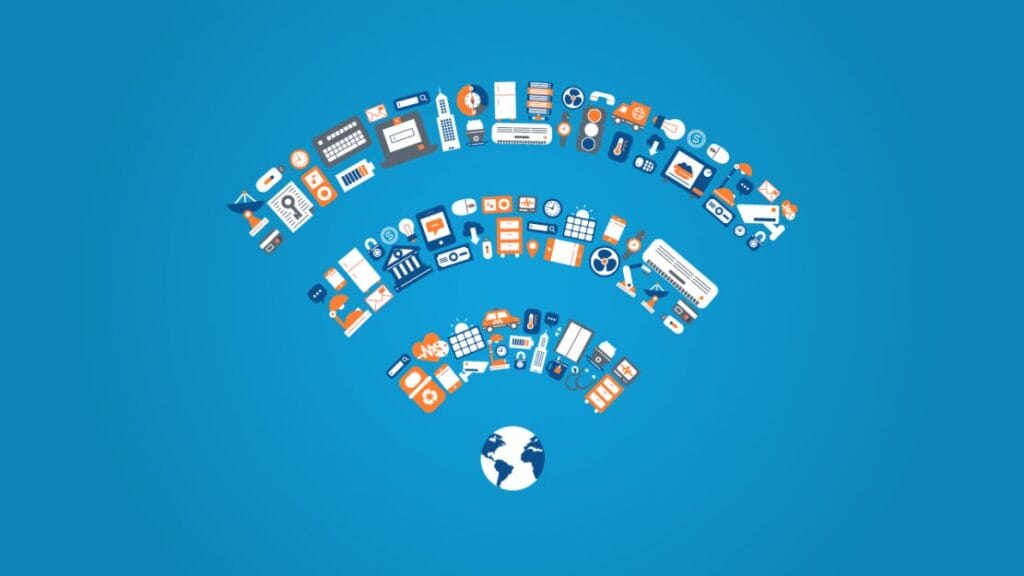
In this series on the internet of things, ASU experts discuss what the internet of things is, what it means for us now, and what it will mean for future generations.
In 1999, British technologist Kevin Ashton coined the term “internet of things.” Its meaning has evolved over the last 20 years. The term has come to refer loosely to the objects and devices, not ordinarily considered computers, that can be connected to the internet. Despite the growing popularity and influence of such “smart” devices, it seems few are familiar with the term itself or the internet of things’ profound impact on our day-to-day dealings.
In our upcoming series on the internet of things (IoT), Arizona State University experts from diverse disciplines, including law, business, medicine and cybersecurity, help us better understand the internet of things and what an increasingly connected world means to us and to future generations. Although the internet of things comes with innumerable advantages, it also comes with complications and challenges, some yet to be resolved, some yet to be realized.
To kick off the series, ASU experts explain what the internet of things really is.
"The term internet of things describes this whole new group of devices that rely on the internet – many of which don’t have a screen or a user interface. Vehicles, kitchen appliances, air quality monitors, sometimes even medical devices implanted inside our bodies – if it’s pinging out to the internet, it’s a member of the IoT.”
– Jamie Winterton, director of strategy, Global Security Initiative
"IoT is a network of devices with two properties: connected to the internet and containing sensors or other technologies that can collect information from the location they are at.”
– Gary Marchant, Regents’ Professor of law and director, Center for Law, Science and Innovation
"All sorts of objects, ranging from traditional computers to household appliances to medical devices, enabled with computing and communication hardware and software creating a network of connectivity and information sharing.”
– Nadya Bliss, director, Global Security Initiative
"The internet of things promises a deluge of data through a world of Internet-connected devices enabling novel value-adding platforms, ranging from smart cities to complex people-device connected ecosystems that foretell a change in mindset for how innovative business and government service models can be realized.”
– Michael Goul, associate dean for faculty and research, W. P. Carey School of Business